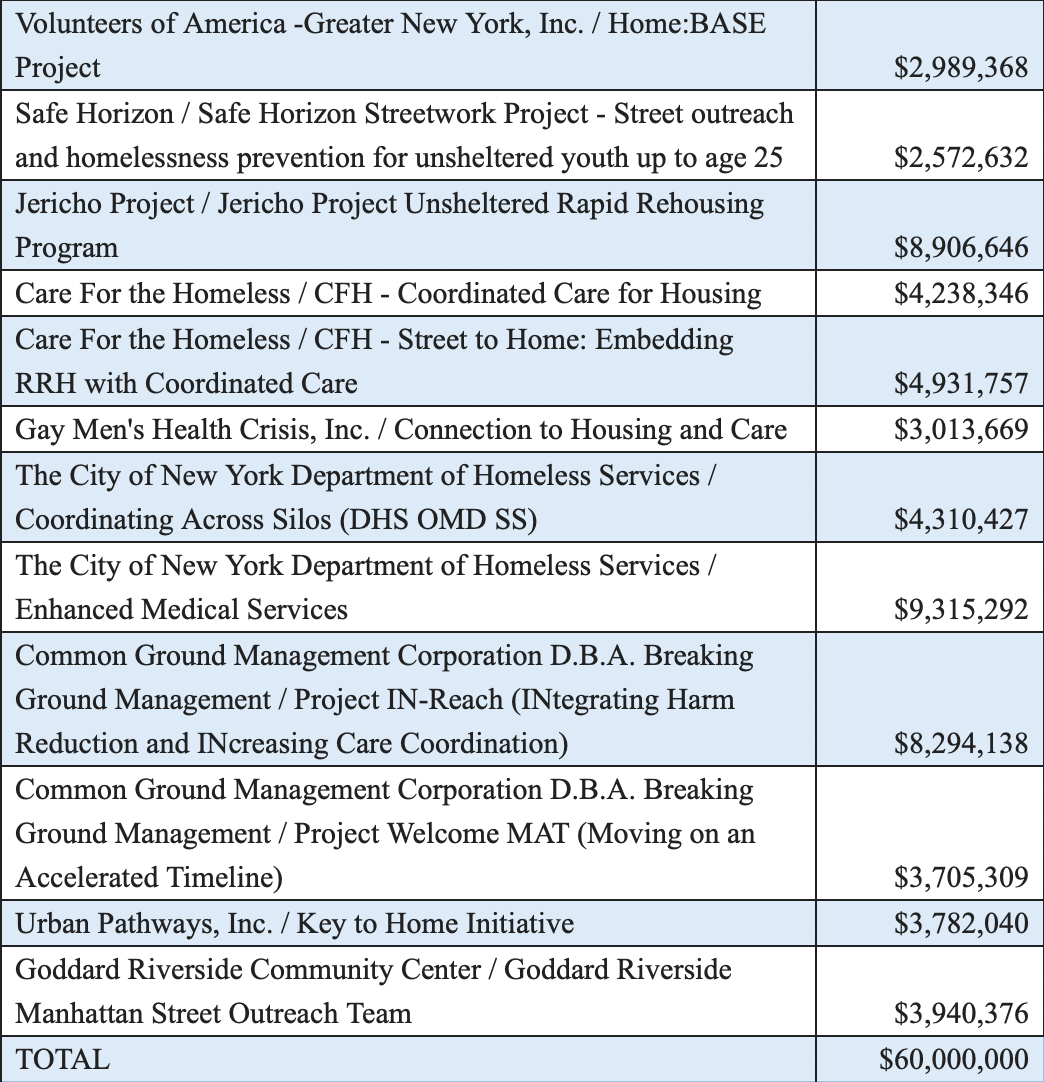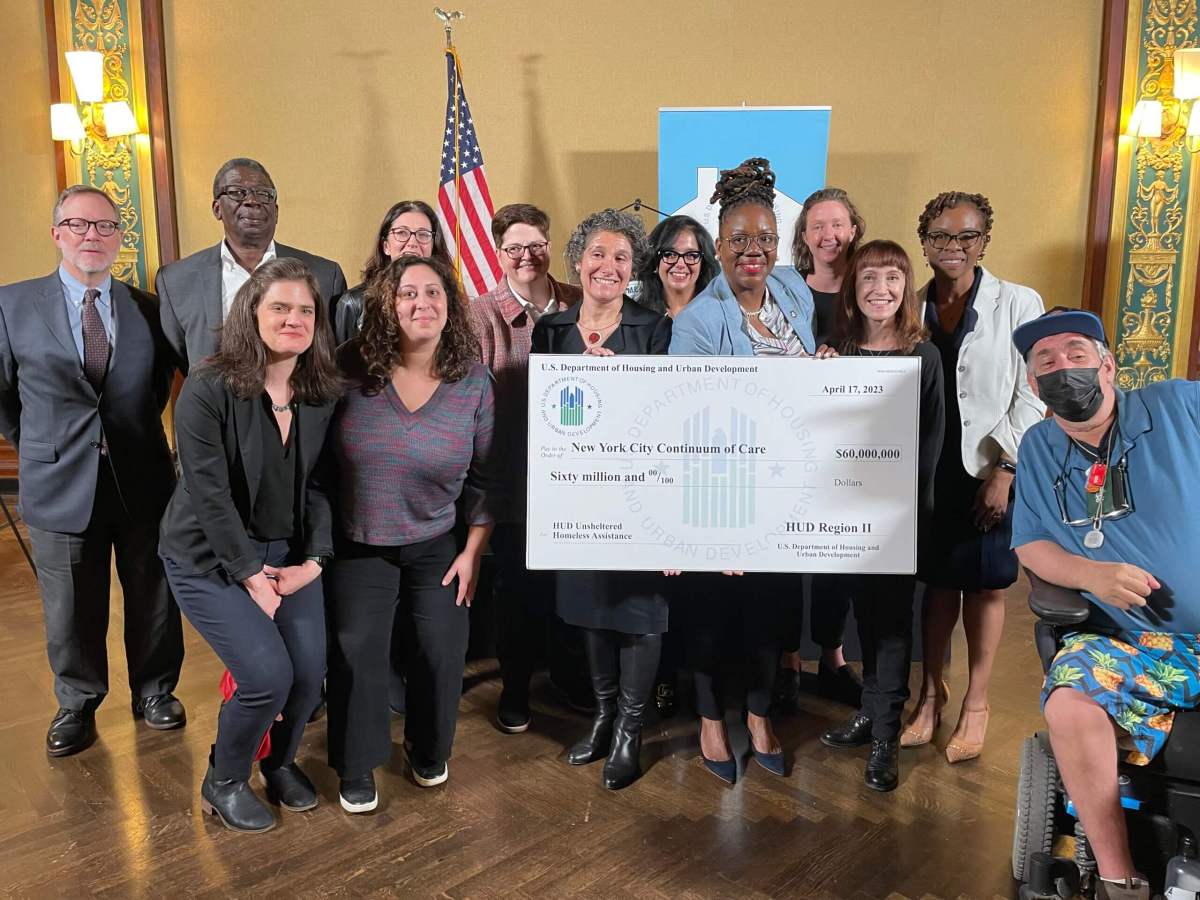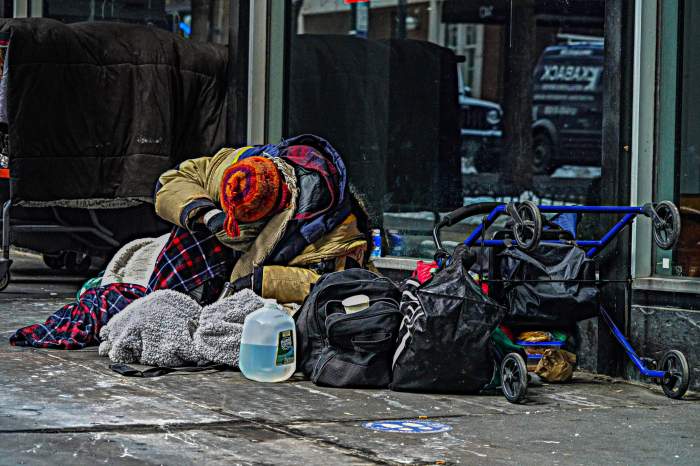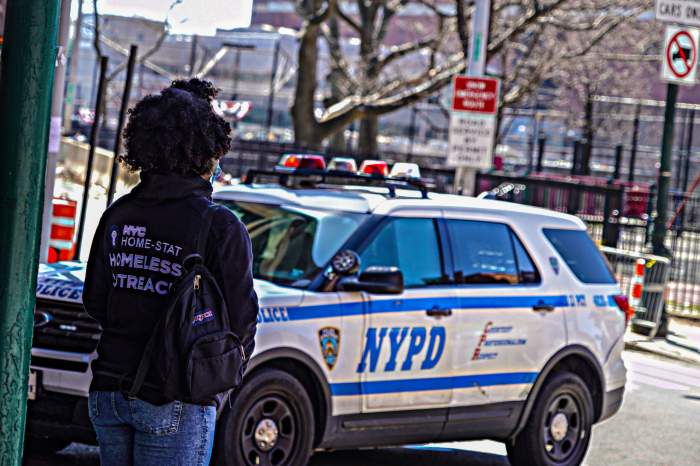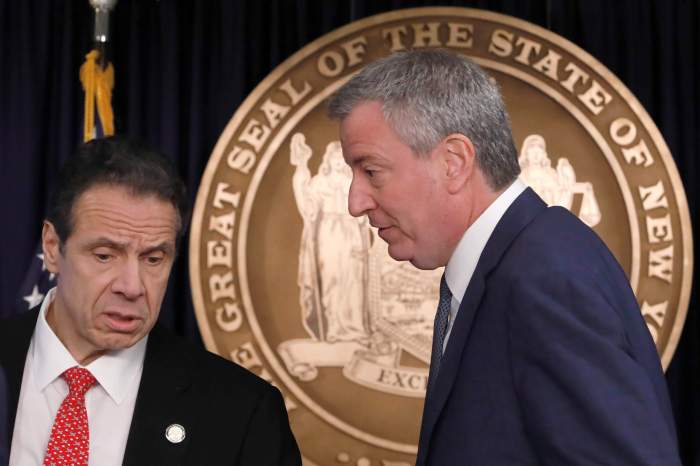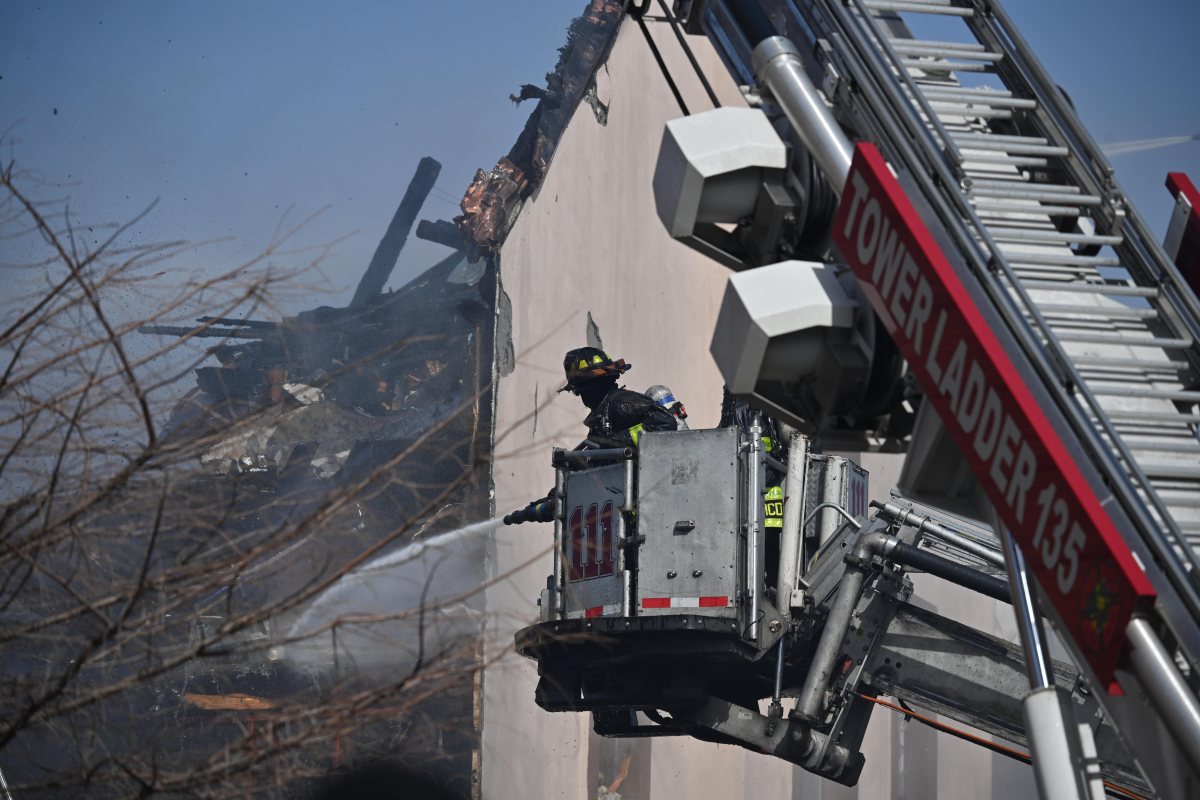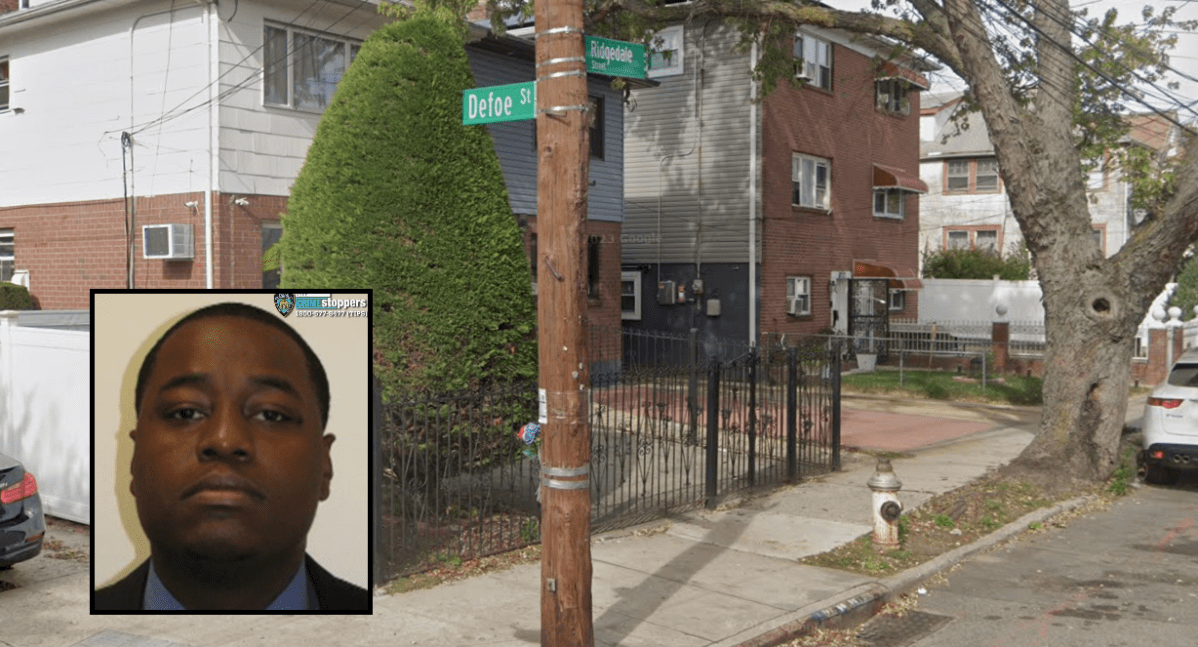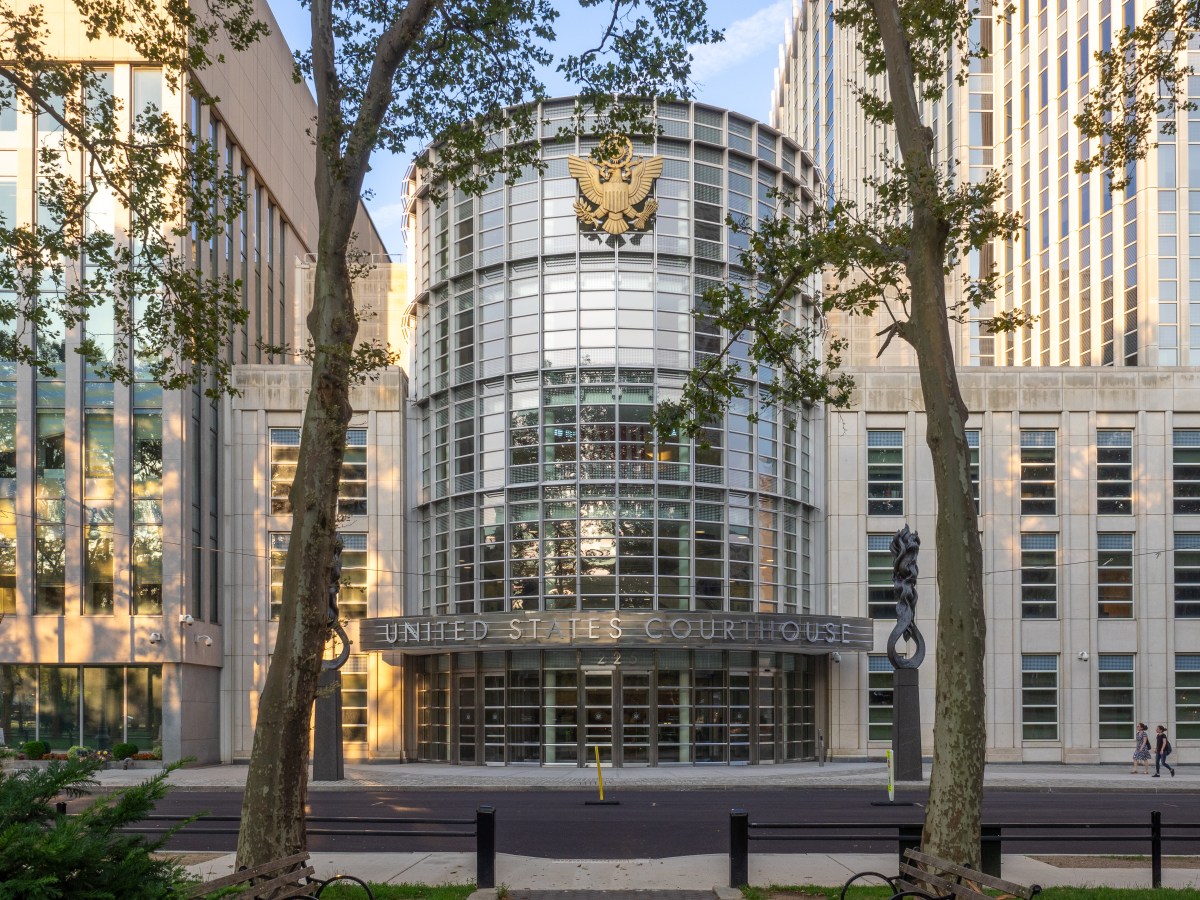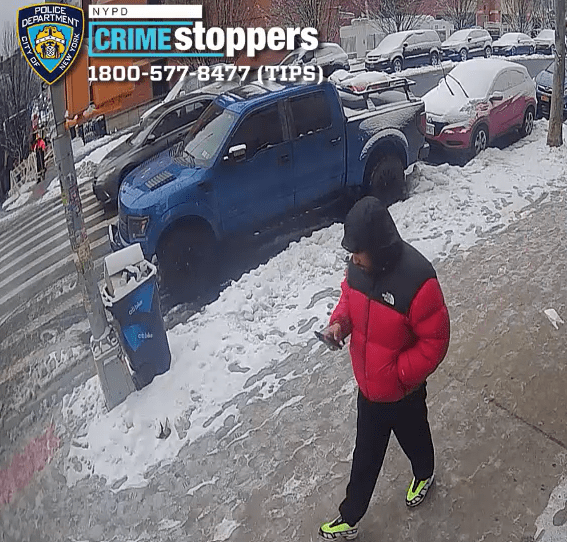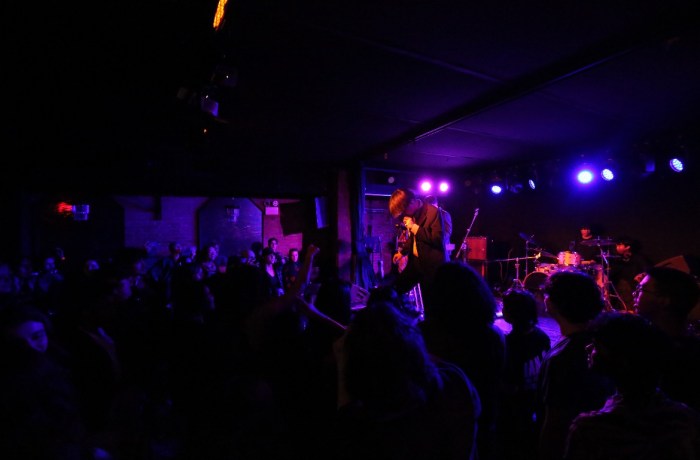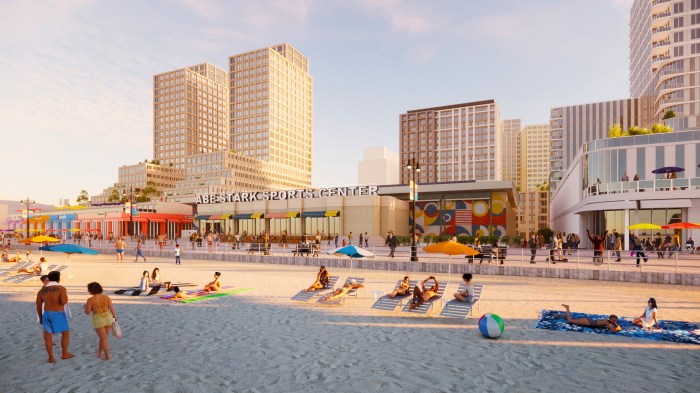Molly Wasow Park, acting commissioner of the city’s Department of Social Services, said the HUD grants will be used to connect unsheltered people on the streets with services and housing.
The DHS plans to use its funds for the “creation of a centralized complex care coordination unit to connect unsheltered homeless, outreach teams, shelters, hospitals, and community-based health providers to help unsheltered people participating in their programs get services and long-term housing.”
Marion McFadden, HUD principal assistant secretary for community planning and development, said the collaboration aims to produce the best solutions to tackle street homelessness.
Here are the recipients of the $60 million grant awarded to New York City, in order of highest funding received.
- New York City’s Department of Homeless Services: $13,625,719
- Breaking Ground: $11,999,447
- Care for the Homeless: $9,170,103
- Jericho Project: $8,906,646
- Goddard Riverside: $3,940,376
- Urban Pathways: $3,782,040
- Gay Men’s Health Crisis: $3,013,669
- Volunteers of America-Greater New York: $2,989,368
- Safe Horizon: $2,572,632
How they’ll spend the money
Breaking Ground, which aims to provide permanent supportive housing to people experiencing or at risk of homelessness, provided amNewYork Metro with a breakdown on how it plans to use the roughly $12 million in funding.
A majority of the funding, approximately $8.3 million, will fund Project IN-Reach, which the nonprofit stated “significantly enhances harm reduction and health care coordination across Breaking Ground’s street outreach teams in Manhattan, Brooklyn, and Queens.”
The funding will support a new hiring round for this project: one harm reduction coordinator; three harm reduction specialists; nine “peer” consumer advocates who have experiences living with mental health conditions or substance use challenges; three clinical coordinators to facilitate access to medical and behavioral care; and 15 outreach case managers to reduce case load sizes and increase focus on housing applications.
Another portion of the grant, roughly $3.7 million, will go towards Project Welcome MAT, which the nonprofit said “accelerates (housing) move-ins to supportive units across Breaking Ground’s portfolio (both new units and re-rentals) by eliminating hurdles.” Re-rentals are affordable housing developments financed by the New York City Housing Development Corporation. The funding could potentially reduce the time people spend in homelessness by at least two months on average, according to Breaking Ground.
The funding will support new hiring for Project Welcome MAT, including a director of housing placement services to streamline placements across the Breaking Ground portfolio; transition coordinators and “peer” transition advocates to help guide clients through the move-in process; and a SOAR specialist to help clients get connected to SSI and SSDI benefits.
More staff and street outreach
Gay Men’s Health Crisis, a nonprofit supporting people living with HIV and AIDS, shared how it plans on using the funds with amNewYork Metro. The funding will go towards the nonprofit’s Rapid Re-Housing Program, which oversees the use of 40 housing units with 93 beds; a new Permanent Supportive Housing Program with 35 housing units; and a new program for the “Special Unsheltered” population (people who do not have “fixed, regular, and adequate nighttime residence and in urgent need of housing”) with 25 housing units.
